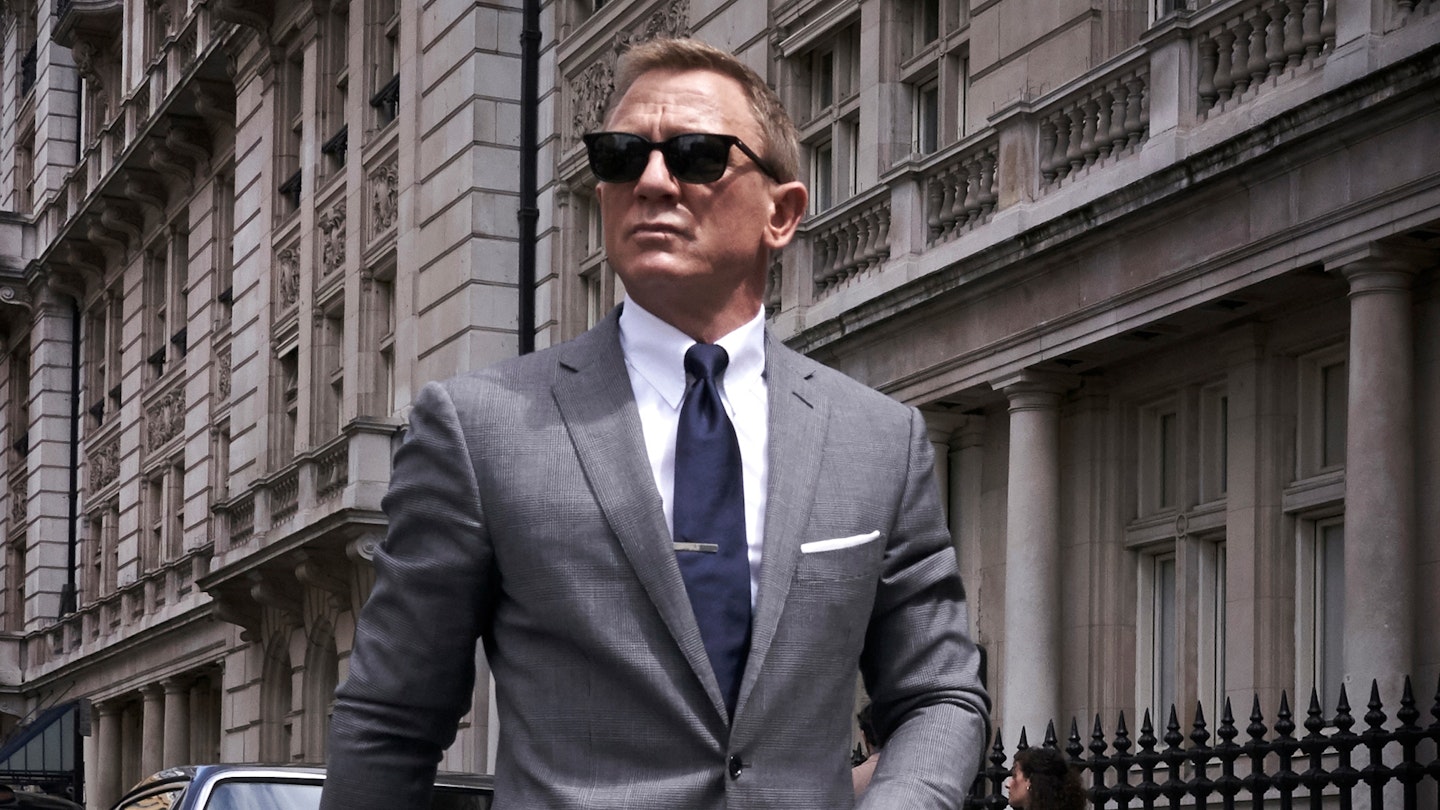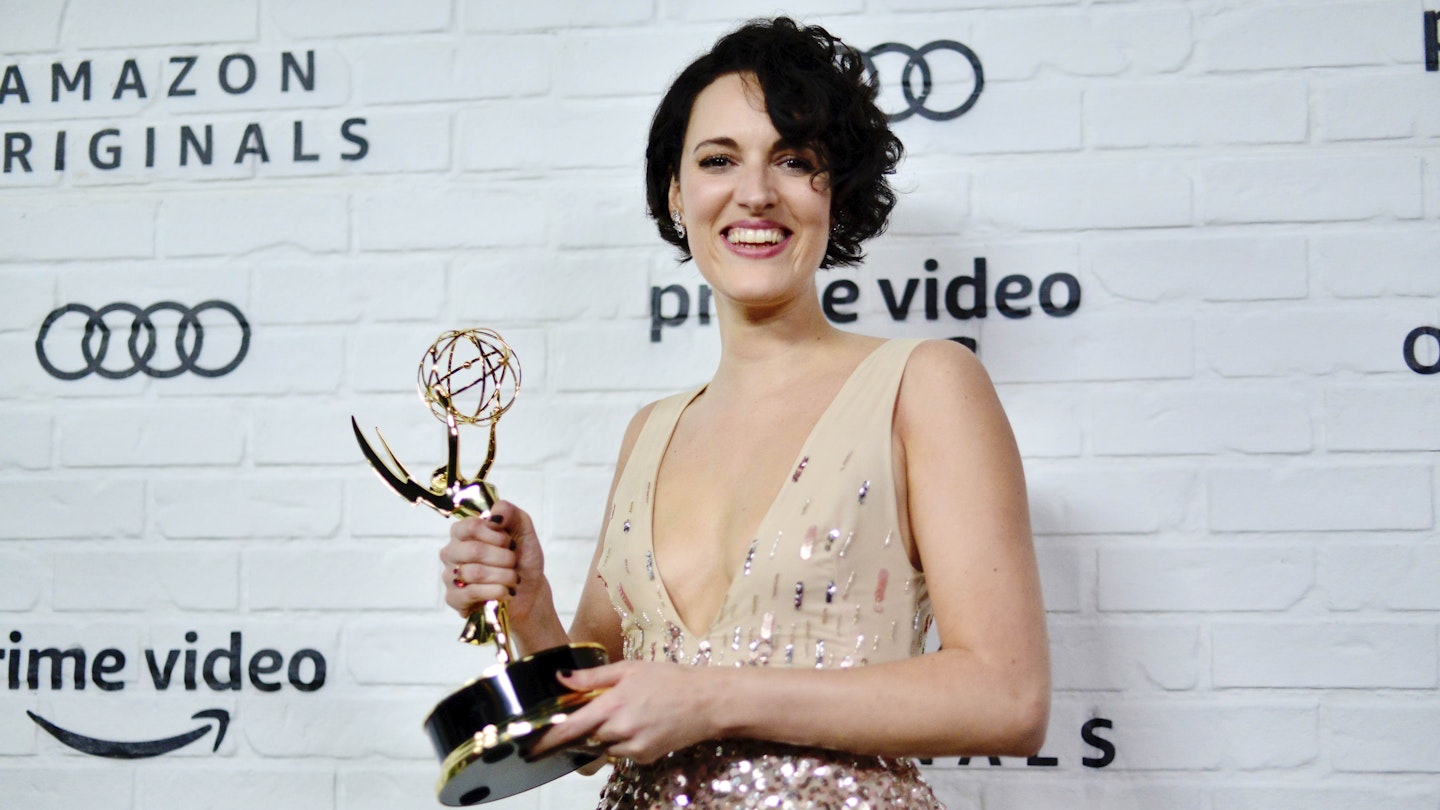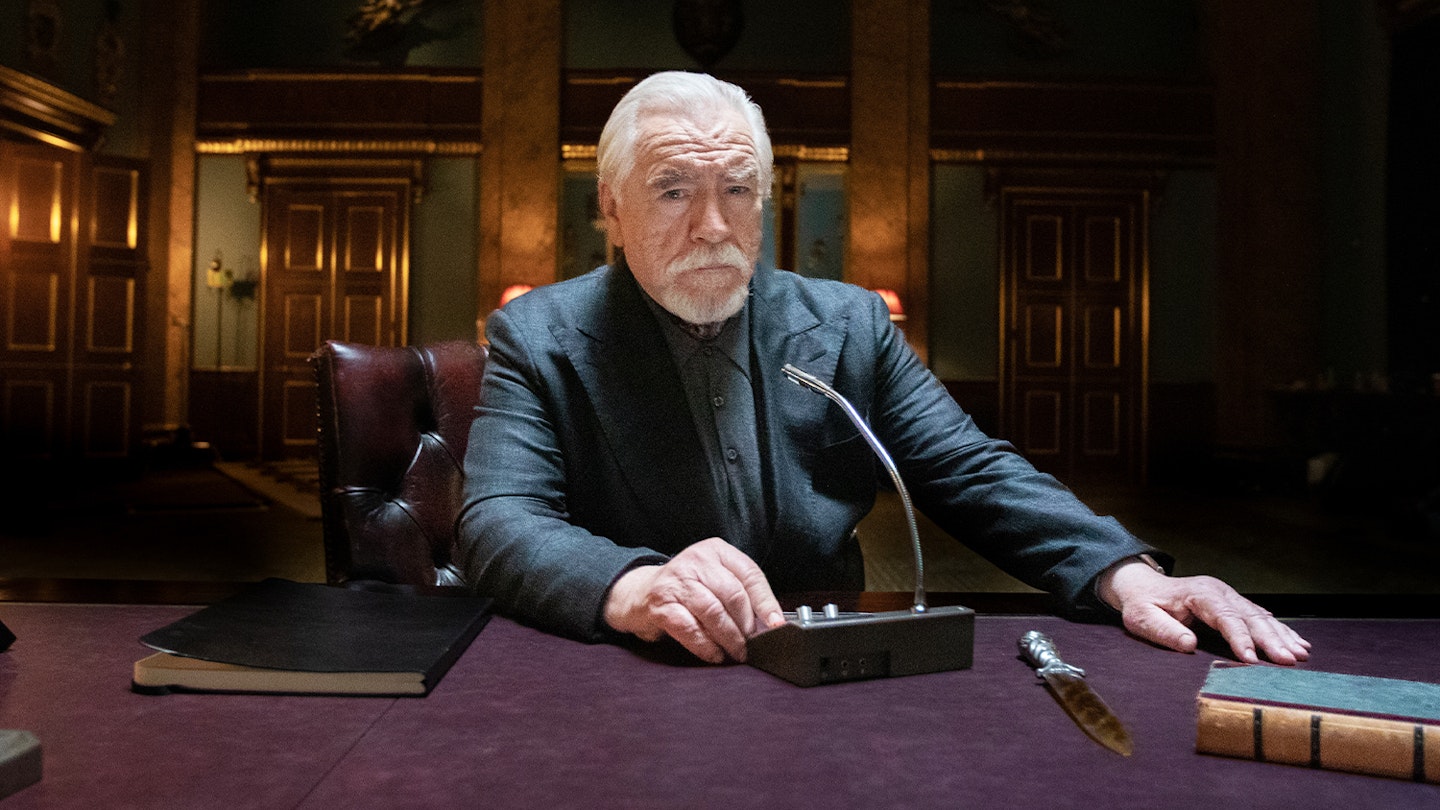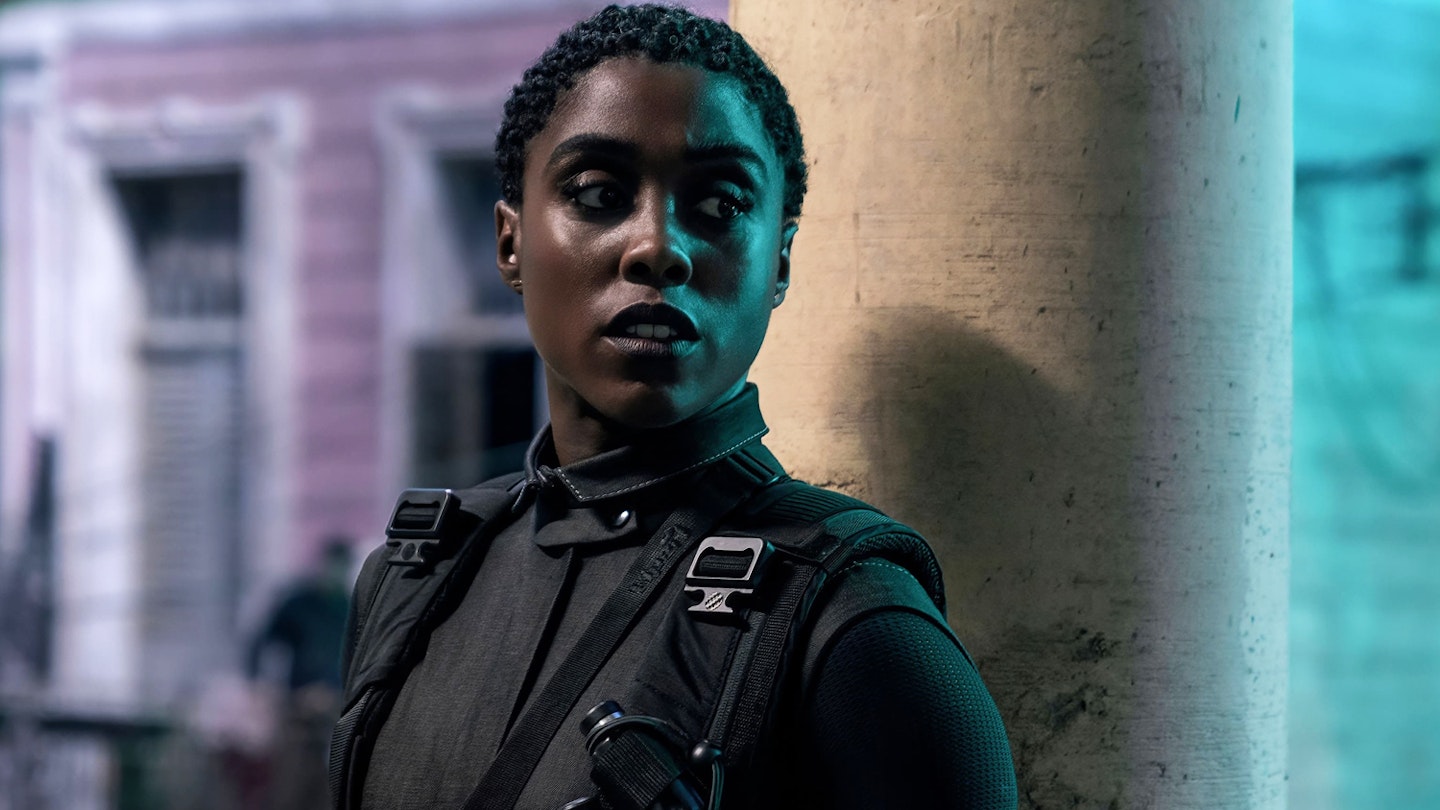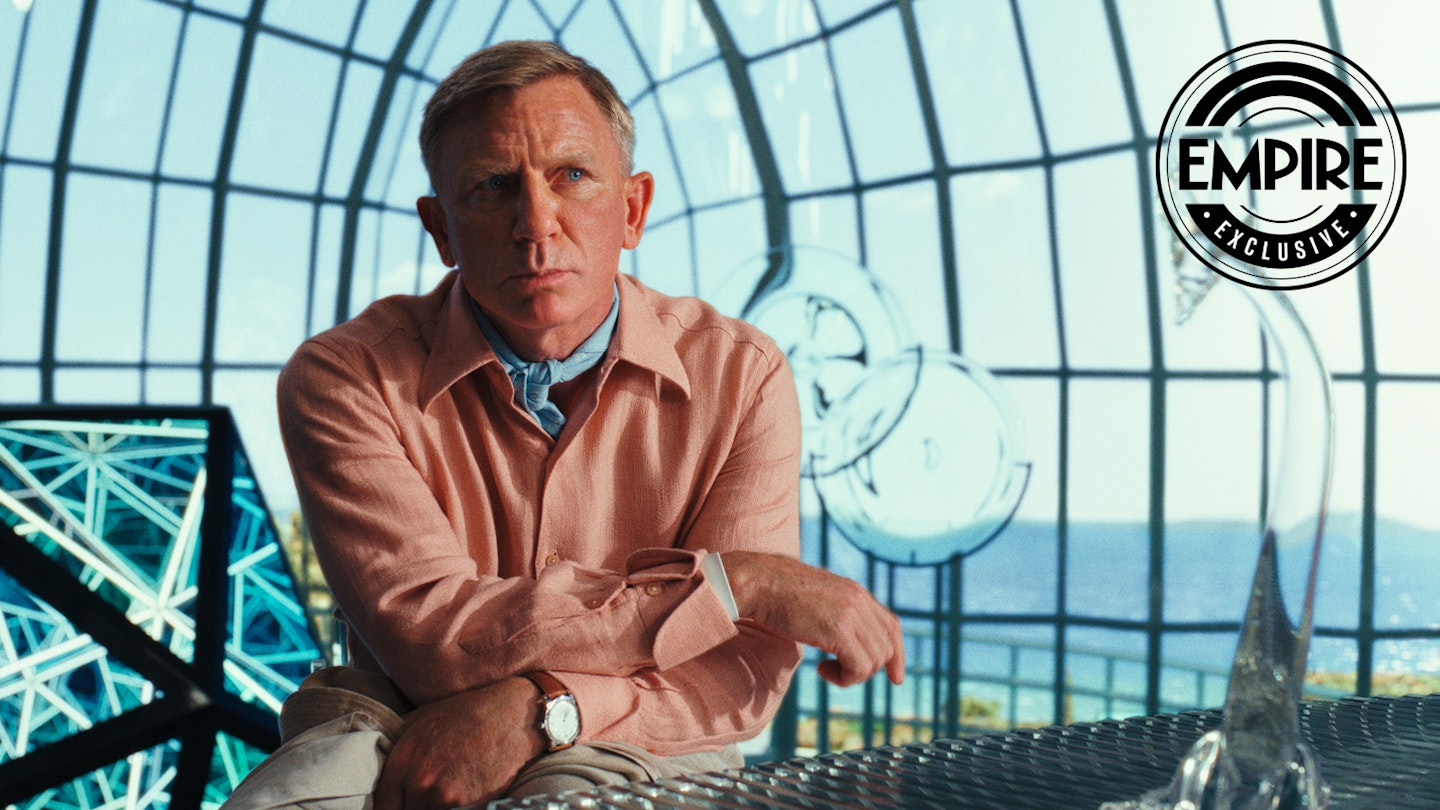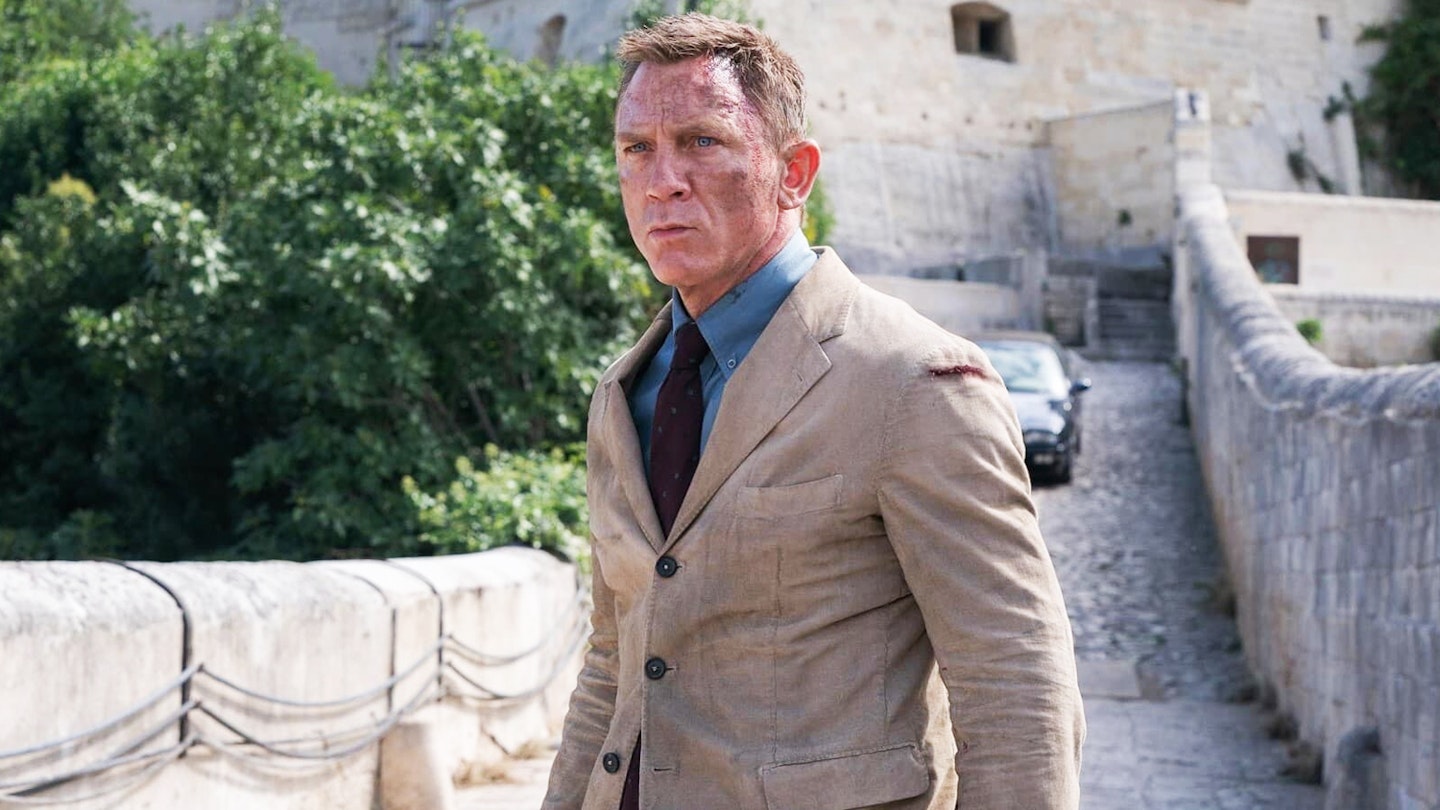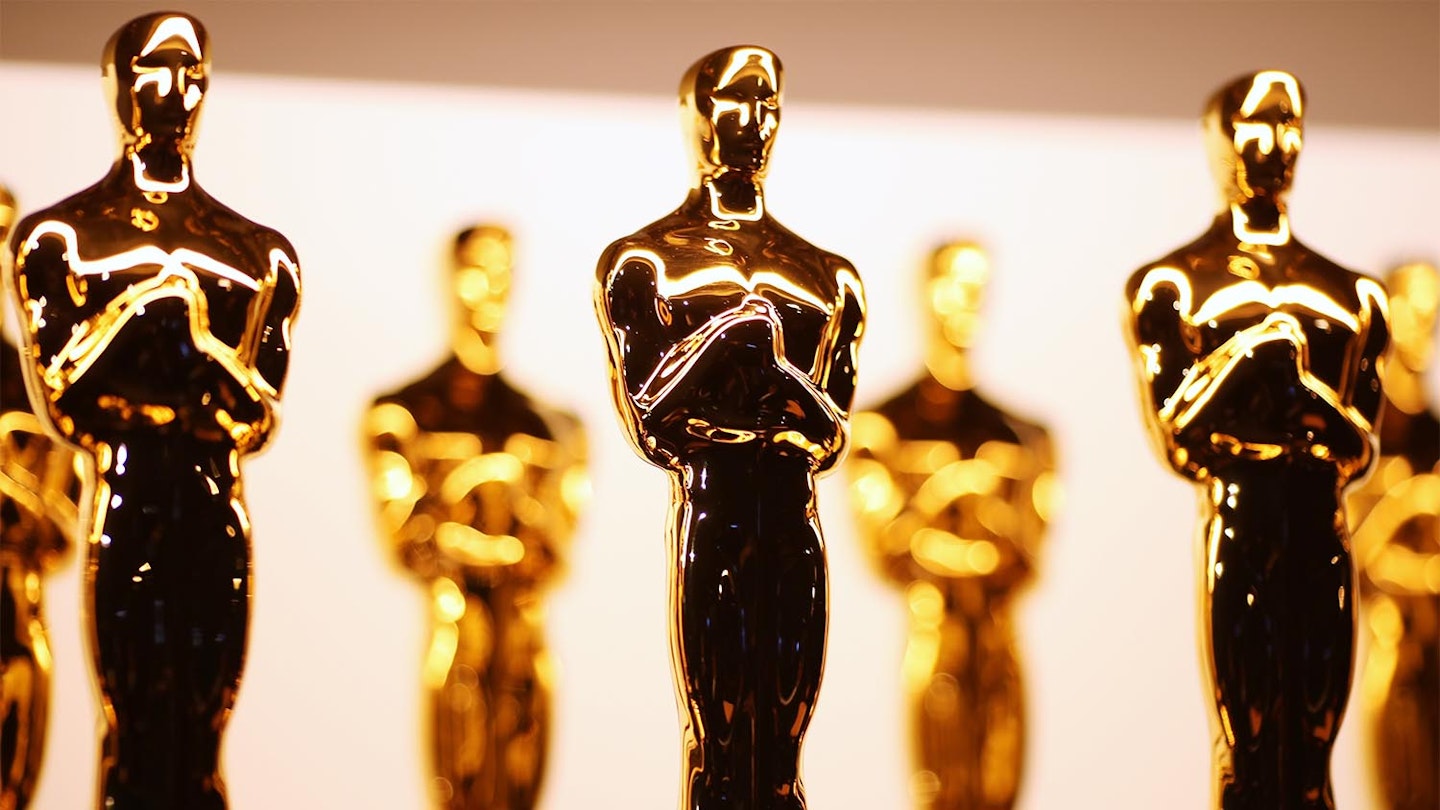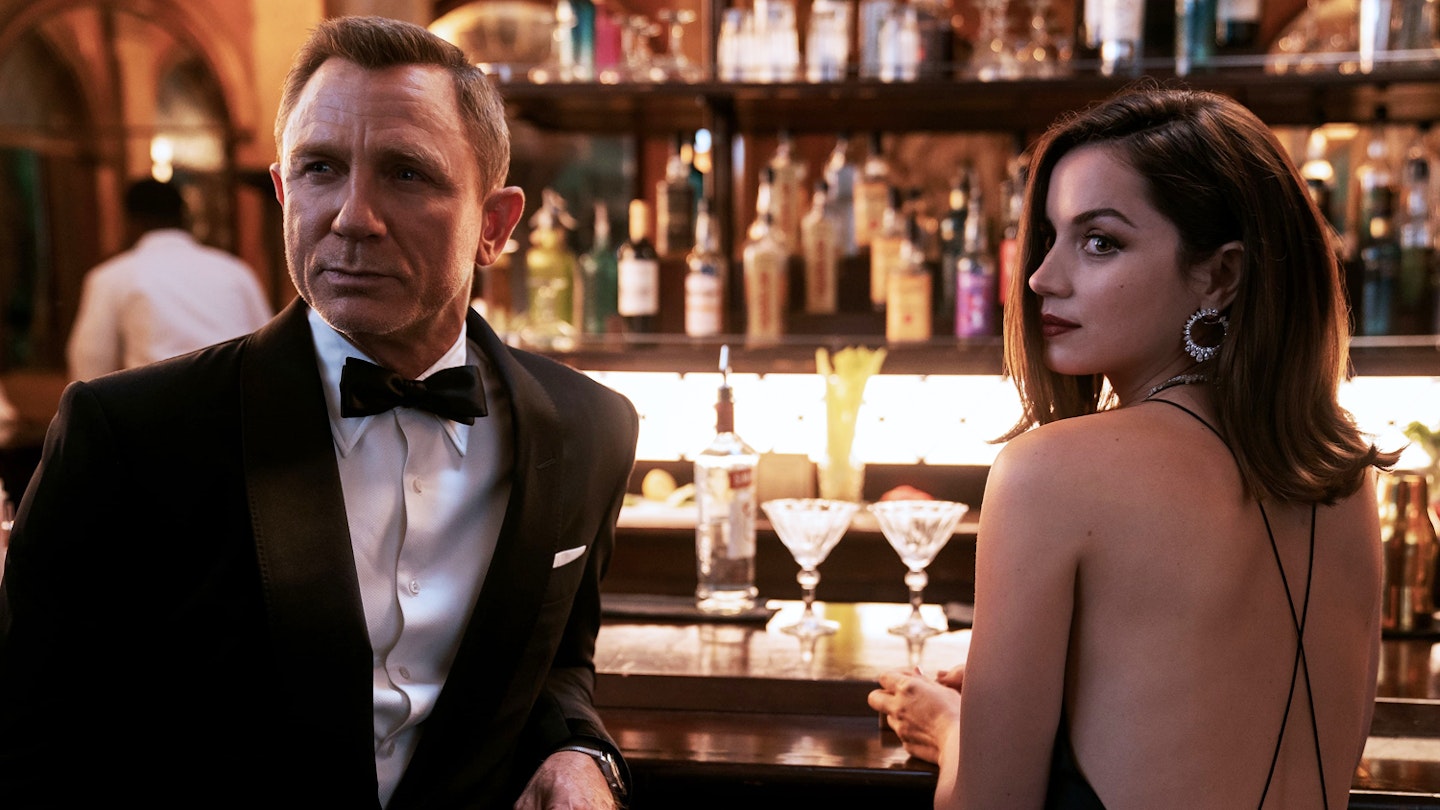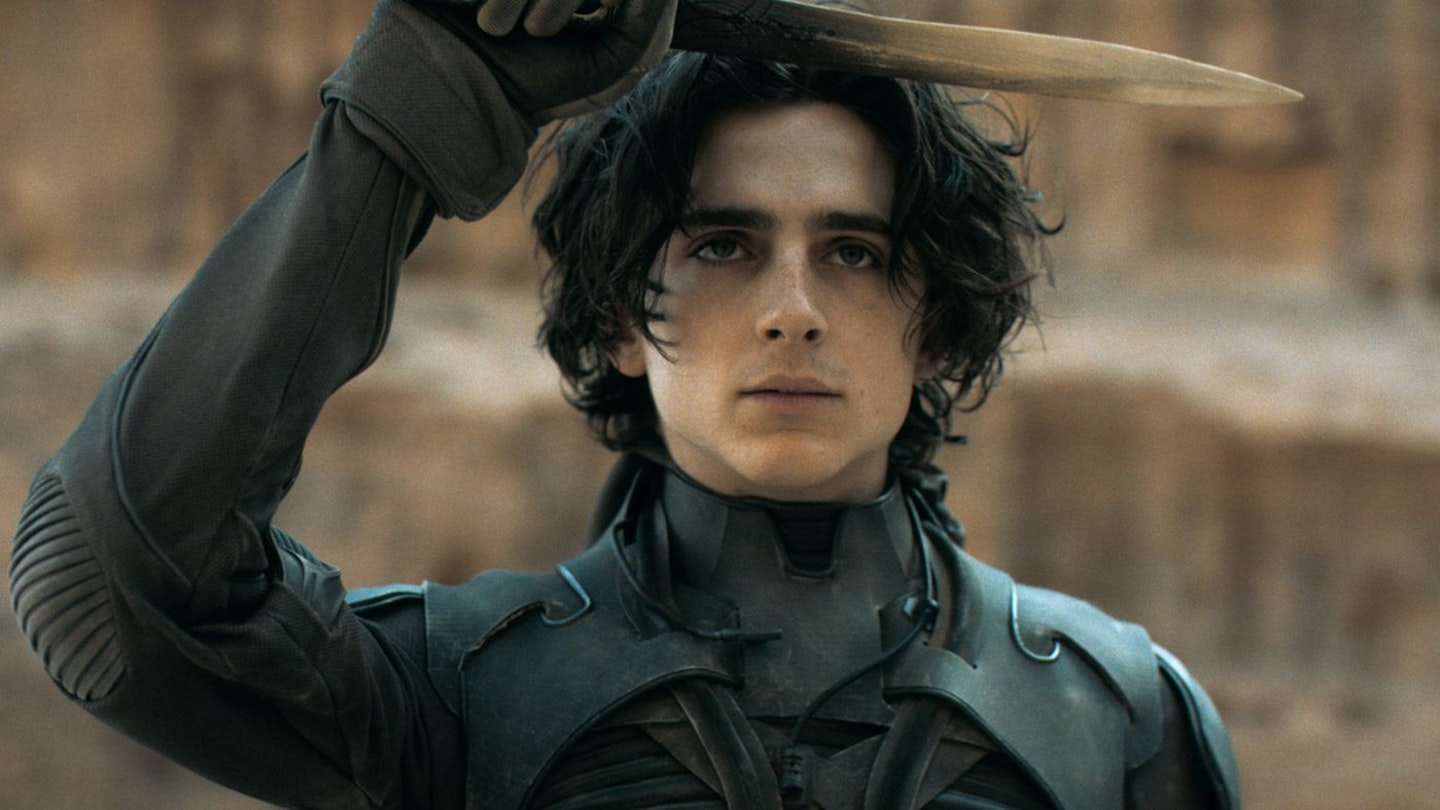It is a hard thing to make a Bond film. But the 25th film in the series feels like the hardest journey yet: somehow surviving a departing director (Danny Boyle, due to the dreaded “creative differences”, replaced by Cary Fukunaga), a two-year delay brought about by the pandemic, and in Daniel Craig, an outgoing 007 who previously claimed (in a quote that would later haunt him) that he’d rather “slash [his] wrists" than play Bond again. There was more than enough time in which No Time To Die could have died.
But as Craig’s Bond says in this film, in a lovely nod to On Her Majesty’s Secret Service, “We have all the time in the world”. It is not the first reference in this film to George Lazenby’s since-rehabilitated 1969 one-off, and it feels appropriate. Because this film does things that no Bond film has ever done, and despite relying heavily on tropes that feel not only familiar but comforting, it is the unfamiliar things it does that make this such an exciting entry.
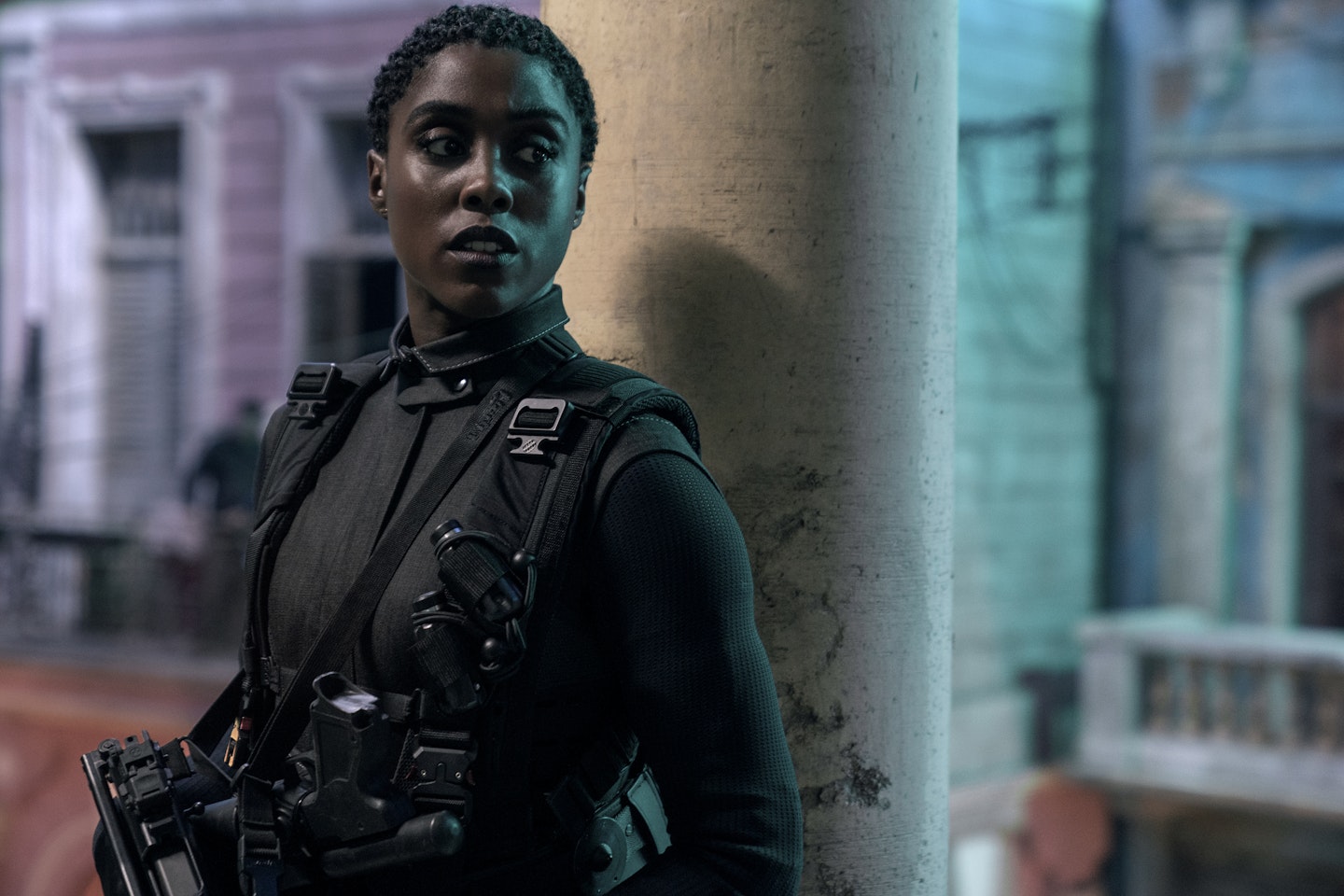
We find Bond in retirement mode. For the film’s first half, he’s turned his back on MI6, and there are plenty of references to how he’s past his prime, an “old wreck” as he calls himself. Craig can still wear the hell out of a tux, but he has a few more years on his face than he did in 2006’s Casino Royale, and plays into them. His performance — which has always been rich with contradictions, the playboyish smile contrasted with a stoic inner turmoil — is the most interesting it has ever been in this film. This Bond is more passionate, more impulsive, more sensitive and — dare we say — more romantic, breathing remarkable new dimensions into a decades-old character.
He’s no less ruthless, though, and while Craig’s earlier films showed influence from the grittiness of Bourne, Fukunaga’s action seems to partly ape John Wick, with an emphasis on sharp, savage gunfights and intense chase sequences. The supporting cast offer great assists — Ana De Armas in a tiny but winning repeat of the Knives Out chemistry she shared with Craig; Lashanna Lynchas a rival 00 agent with her own brand of swagger — but there’s a groundedness and muscularity to it, with flashes of a paranoid conspiracy thriller.
Cary Fukunaga somehow finds vulnerability in this most invulnerable of heroes.
Which is not to say Bondian silliness doesn’t get a look-in. Bionic eyes, nanobots and magnets are mentioned. As new villain Safin, Malek rustles up a vaguely eastern European accent, his main motivation for world destruction seeming to be just personal revenge and a passion for gardening. We can only speculate on what Phoebe Waller-Bridge’s “script polish” contributions amounted to — Bond alas does not look down the lens to offer us sardonic confessionals – but the screenplay offers at least one one-liner for the ages.
Fukunaga, it seems, was an ideal choice of director, skilfully balancing the contradictions of the character and the franchise, and while he doesn’t quite escape the usual pitfalls — a middle third bogged down by plotting and exposition doesn’t justify that heaving runtime — he has always been an intuitive filmmaker, deeply interested in the humanity of his characters. He somehow finds vulnerability in this most invulnerable of heroes, with a stunning, surprising finale that gives Craig the send-off he deserves. When a formula is this hard-and-fast, even the slightest tweaks feel exciting. Raise a martini — it was worth the wait.
